Black Women in Business
Valerie Jarrett On African American Women’s Equal Pay Day: “Let’s Not Silence Ourselves”
Please read original article – Valerie Jarrett On African American Women’s Equal Pay Day: “Let’s Not Silence Ourselves”




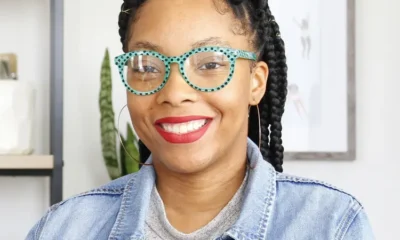

By Heidi Peiper via https://stories.starbucks.com/ Shae Anthony has always been an artist at heart. “I call myself...


By Morgan Smith@THEWORDSMITHM Black women make up less than 10% of the U.S. population, but they’ve...
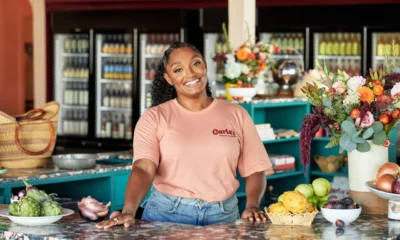

BY MELISSA NOEL via https://www.essence.com/ CARLA’S FRESH MARKET OFFERS FRESH PRODUCE AND THOUGHTFULLY CRAFTED FOOD CRAFTED BY...


By Aria Bell via https://blavity.com/ The owner of a used car dealership in Denver is using her not-so-great experience with...


by Samantha Dorisca via https://afrotech.com/ Sati Smith is breaking barriers in banking. She has been named the first...


BY KIM HUDSON via https://www.cbsnews.com/ Dr. Jo-Elle Mogerman started her new job as the first woman...


BY JASMINE BROWLEY via https://www.essence.com/ ELLEVATOR, A PRIVATE MEMBERSHIP ORGANIZATION AND APP, AIMS TO AMPLIFY WOMEN OF...
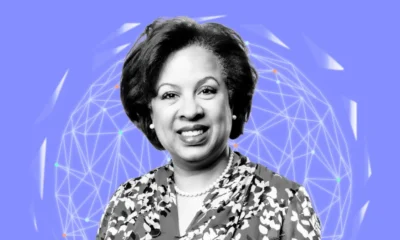

BY STEPHANIE MEHTA via https://www.fastcompany.com/ The new CEO of SAIC talks about her plans for the technology...


by MICHELLE HOLDER AND ANNE PRICE via https://www.essence.com/ “THE NARRATIVE WE’RE SOLD IN THIS COUNTRY IS...
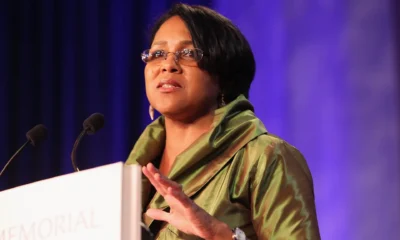

by Laura Bratton via https://themessenger.com/ Former Walgreens CEO Rosalind Brewer, who stepped down this week, was...
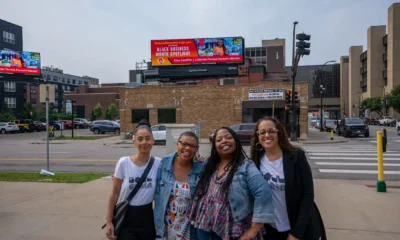

by Cathy Wurzer and Ellen Finn via https://www.mprnews.org/ Starting a small business is hard enough. But once that...


By Chloe Franklin via https://www.elonnewsnetwork.com/ August is National Black-Owned Business Month Alicia Wingate considers herself an artist,...